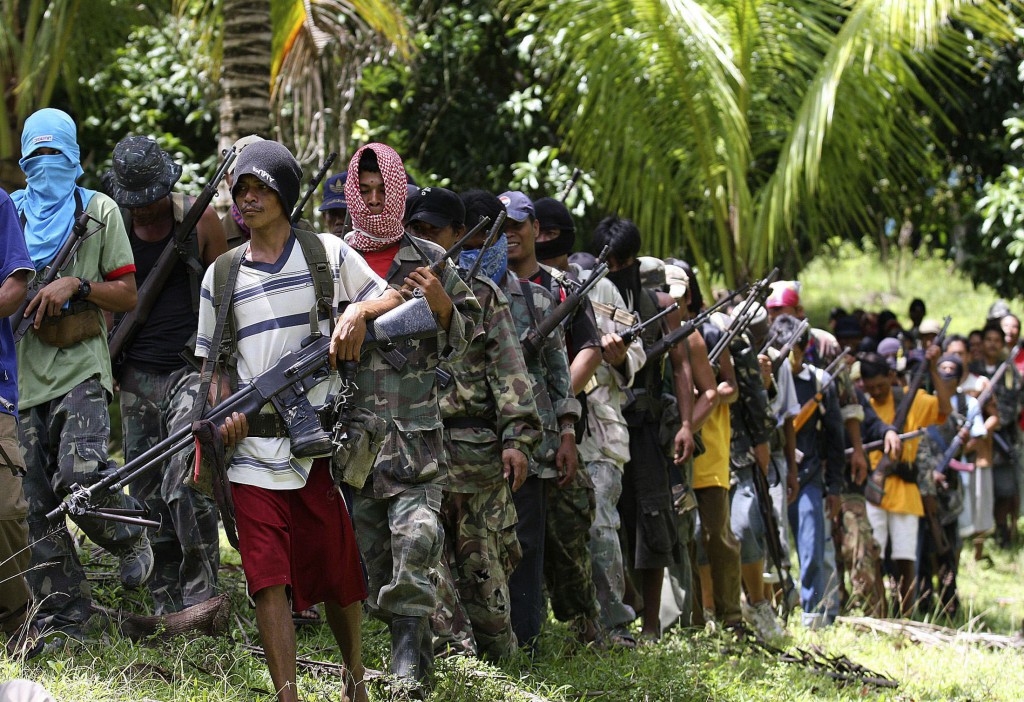
The increase of restrictions on religion are up worldwide – and, for the first time, those restrictions increased markedly in the US, according to a new report by a leading researcher of religious trends.
For the US, it was the first time in the study’s four-year history that both government restrictions and social hostility were up by at least one point on a scale of 0 to 10, according to the Pew Forum on Religion & Public Life, which issued the study in late September.
The US was one of 16 countries with such large measurable increases in both criteria.
The increases pushed the US from a ranking of “low” to “moderate” in terms of restrictions on religion, according to the study, Rising Tide of Restrictions on Religion.
The period studied was mid-2009 to mid-2010.
On the 10-point scale, social hostilities in the US climbed from 2.0 to 3.4, while government restrictions jumped from 1.6 to 2.7.
The government restrictions score in each of the past three years had been 1.6, while the social hostilities number fell between 1.8 and 2.0.
In terms of government restrictions, the Pew study found 51 cases of governments applying zoning laws or regulations to prevent religious groups from building houses of worship, schools or other facilities.
Of those 51 instances, 31 involved Christian denominations.
On the world scene, Christians – as with each of the past years of the study – were more frequently the target of religious restrictions.
In the latest study, there were 111 countries found to have harassed Christians, up from 97 in the previous study year ending in mid-2009.
Muslims placed second, with 90 countries harassing them, and Jews were third, with 68 countries harassing them.
No religious group was found to have had a decrease in the number of countries harassing them.
On a 10-point “social hostilities index,” 15 countries registered scores of 7.2 or higher. Pakistan registered the highest score, followed by India, Iraq, Sri Lanka, Bangladesh, Somalia and Israel – all of whom were on the list in the first year of the study.
Likewise, on the 10-point government restrictions index, Egypt topped the list, followed by Indonesia, Maldives, Saudi Arabia, Afghanistan, Iran, Uzbekistan, Eritrea, China and Syria.
The report noted that as of mid-2010 – six months before the outbreak of protests and other civil unrest that would become known as the Arab Spring – the Middle East and North Africa had “by far the world’s highest levels of social hostilities involving religion as well as government restrictions on religious beliefs and practices.”
In all, 37 per cent of countries have high or very high restrictions on religion, compared with 28 which were found to have moderate restrictions, and 35 per cent with low restrictions.
However, 75 per cent of the world’s citizens live in countries with high or very high religious restrictions, up from 70 per cent from year-before numbers, compared with 19 per cent living in countries with moderate restrictions and 6 per cent with low restrictions.- CNS